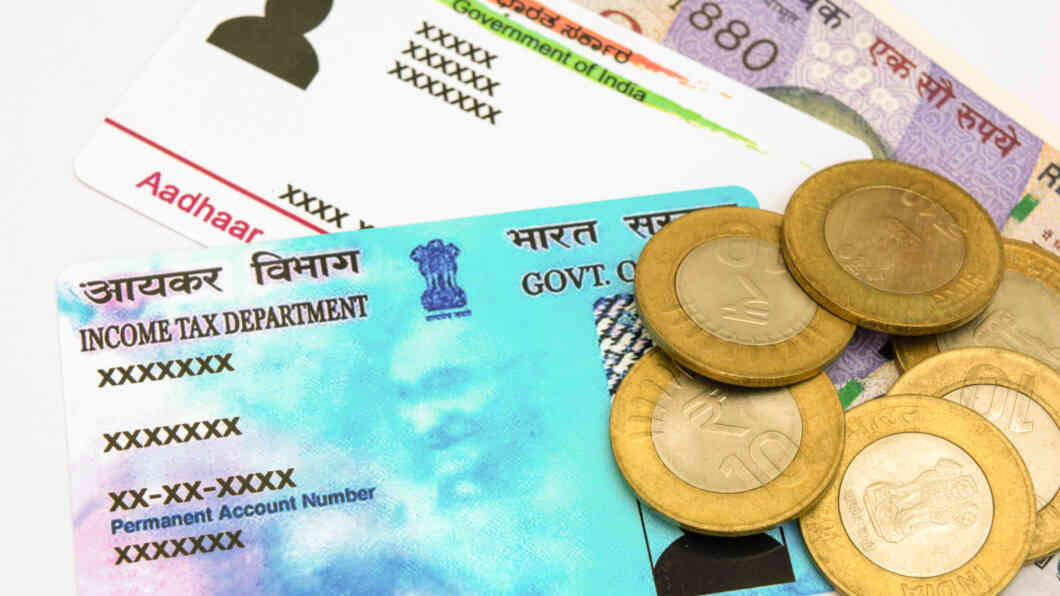There are a number of advantages of a PAN card. Illustrated below are all the key PAN card uses:
Helps to Start a Business
Planning to launch a start-up?
There are several PAN card uses when it comes to starting a business. As per norms laid down by the Government of India, the PAN is mandatory for every business in the country.
Moreover, companies also need to have a Tax Registration Number or TRN in order to trade and file tax returns. And, having a PAN is the only way to obtain this TRN. In addition, several e-commerce web portals mandate companies to have a TRN if they wish to sell products on their platform.
Deduction in Taxation
One of the primary reasons to have a PAN card is for the purpose of taxation. If an individual with annual interest earnings exceeding ₹10,000 on savings deposits has not linked his or her PAN with the bank account, the concerned bank will deduct TDS at a rate of 30% instead of 10%.
Opening a Demat Account or Bank Account
According to the current norms, an individual will not be able to open a bank account if he/she does not possess a PAN card.
However, there is only one exception to this stated rule, and that is when one opts to open a zero balance account as per Prime Minister Jan Dhan Yojana. In this case, one can use a Ration card or a Voter ID card as identity proof. Similarly, a PAN card is necessary when an individual opens a Demat account.
Income Tax Returns Filing
As you may know, every individual eligible for income tax must file their income tax returns. And for doing so, a PAN card is necessary.
Investing and Purchasing RBI Bonds or Insurance
Before investing, an individual will first have to fill a form available on the website of the Association of Mutual Fund of India (AMFI). In addition, he/she must attach an address proof and a self-attested copy of the PAN card.
It is only when an individual is KYC compliant and possesses a PAN card, that his/her KYC document gets accepted while investing. Similarly, a PAN card is mandatory to make an investment amounting to ₹50,000 or more in RBI bonds.
Buying Foreign Currency
As per the Foreign Exchange Management Act, a PAN card is necessary for purchasing foreign currency amounting to ₹50,000 or higher. The main reason behind this is that every transaction involving foreign currency is categorised under current or capital account transactions.
Transaction of Listed or Unlisted Securities
As per the Securities Contracts (Regulation) Act 1956, a PAN card is necessary for buying unlisted or listed securities, except for bonds, debentures, shares, and other marketable securities. This norm is applicable if the amount for every transaction is more than ₹1 lakh. A PAN card is also mandatory for purchasing or selling an unlisted company’s shares valued at greater than ₹1 lakh.
Purchasing or Selling Immovable Property
An individual needs to provide PAN details while selling or purchasing immovable property, such as a house, the worth of which is higher than ₹10 lakhs.
Purchasing or Selling a Four Wheeler Vehicle
A PAN card is also mandatory if an individual sells or purchases a four-wheeler vehicle. Even in cases where an individual wants to acquire a loan for buying a car, having a PAN card is a must.
Cash Deposits, Pay Orders, Banker’s Cheque, Bank Drafts
The PAN card needs to be shown if one intends to opt for pay orders, banker’s cheque, bank drafts, and cash deposits of more than a limit of ₹50,000. Furthermore, this also holds true in cases wherein an individual is willing to make a deposit of more than ₹50,000 through cash into his /her bank account.
While Applying for Loan
While applying for a credit, it becomes essential to submit your PAN card to your lender. This is applicable for all types of loan, that is, both secured and unsecured.
To Buy Expensive Jewellery
You might have to deposit a copy of your PAN card while purchasing expensive jewelry above ₹5,00,000.
For Telephone Connections
At times, you will have to submit a copy of your PAN card to the telephone operator for getting a new mobile connection.


















